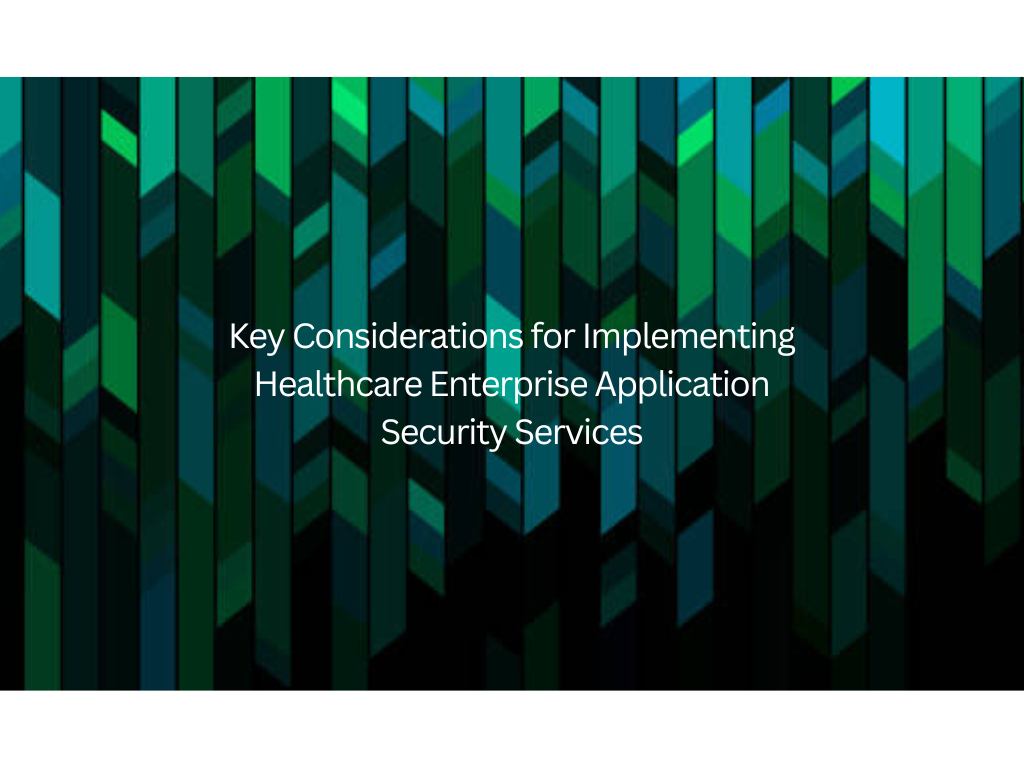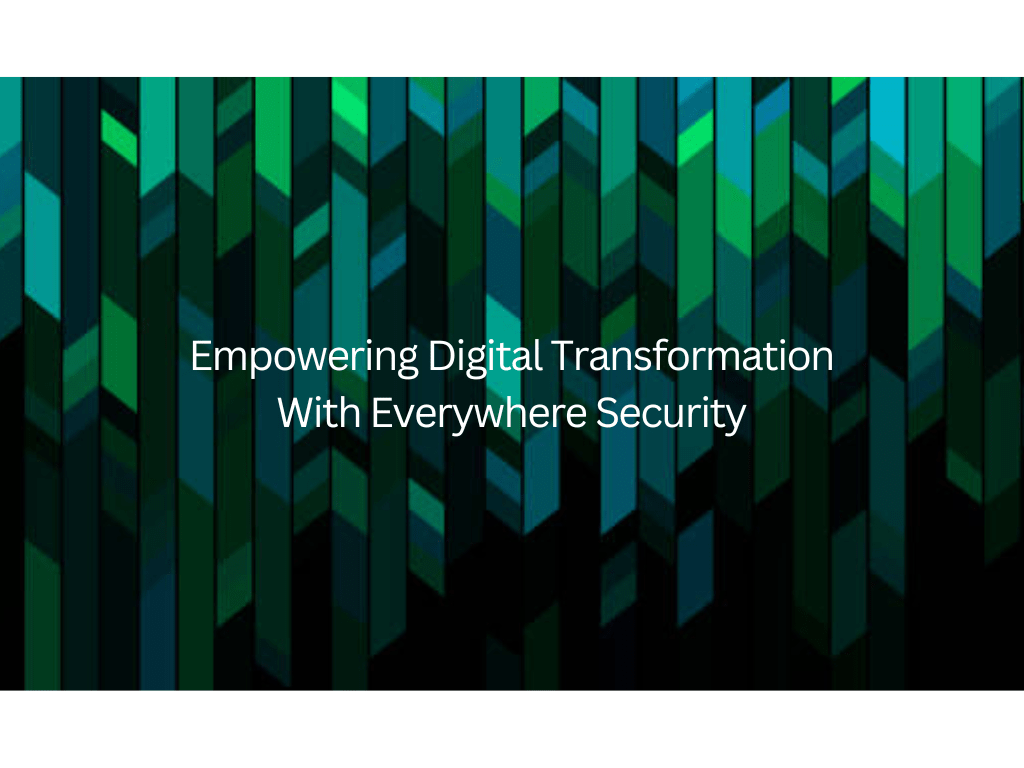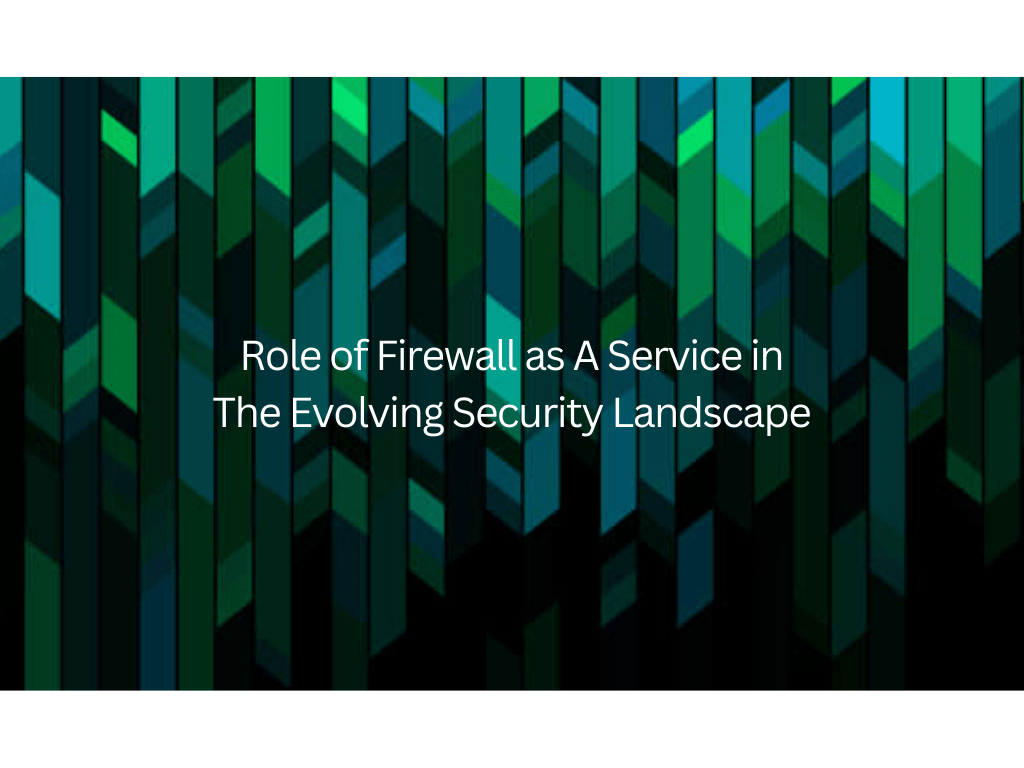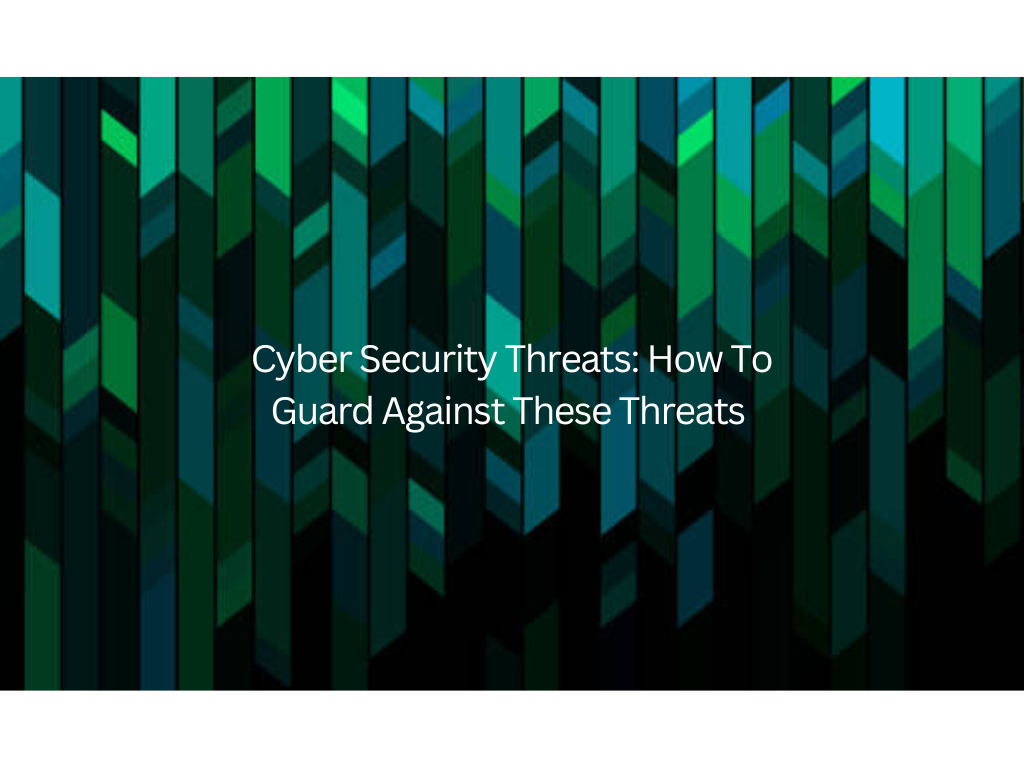Healthcare enterprise application security services are critical to protect sensitive patient information and ensure the integrity and confidentiality of healthcare data. With the increasing use of electronic health records (EHRs), telemedicine, and other digital healthcare technologies, healthcare organizations are facing new security challenges that require comprehensive and robust solutions.
One of the main reasons why healthcare enterprise application security services are critical is the growing threat of cyber-attacks. According to a report by the Ponemon Institute, healthcare is one of the most targeted industries for cyber-attacks, with the average cost of a data breach reaching $7.13 million. The consequences of a data breach in healthcare can be severe, including loss of patient trust, legal liability, and damage to reputation.
To prevent these risks, healthcare organizations need to implement security measures that protect against a wide range of threats, including malware, ransomware, phishing, and social engineering attacks. This requires a holistic approach to security that covers all aspects of the healthcare enterprise applications, from the front-end user interface to the back-end database and network infrastructure.
One of the key components of healthcare enterprise application security services is access control. This involves implementing mechanisms that restrict access to sensitive patient information to only authorized personnel. This can be achieved through role-based access control (RBAC), multi-factor authentication (MFA), and other methods that ensure that only those with a legitimate need to access patient data can do so.
Another important aspect of healthcare enterprise application security services is data encryption. Encryption is a technique that transforms data into an unreadable format that can only be accessed with the appropriate decryption key. This can help prevent data breaches by making it difficult for attackers to steal or manipulate sensitive patient information.
Additionally, healthcare organizations need to implement measures that ensure the integrity of healthcare data. This involves implementing data backup and recovery systems that enable quick restoration of data in the event of a system failure or cyber-attack. This can help minimize downtime and prevent data loss, which can have serious implications for patient care.
In addition to these technical measures, healthcare enterprise application security services also require a strong security culture within the organization. This involves educating staff on the importance of security, implementing policies and procedures that ensure compliance with security standards and regulations, and conducting regular security audits and assessments to identify vulnerabilities and weaknesses in the security infrastructure.
Another factor driving the need for healthcare enterprise application security services is the increasing use of mobile devices in healthcare. With the rise of telemedicine and other mobile health technologies, healthcare providers are accessing patient data on smartphones, tablets, and other mobile devices. This creates new security challenges, as mobile devices are more vulnerable to theft, loss, and hacking than traditional desktop computers.
To address these challenges, healthcare organizations need to implement security measures that are specifically designed for mobile devices, such as mobile device management (MDM) solutions that enable remote wiping of devices in the event of loss or theft, and app wrapping technologies that provide an additional layer of security for mobile apps.
In conclusion, healthcare enterprise application security services are critical in today’s digital age to protect sensitive patient information and ensure the integrity and confidentiality of healthcare data. With the increasing threat of cyber-attacks and the growing use of mobile devices in healthcare, healthcare organizations need to implement comprehensive and robust security measures that cover all aspects of the healthcare enterprise application, from access control and data encryption to data backup and recovery and mobile device security. By taking a holistic approach to security and fostering a strong security culture within the organization, healthcare providers can protect their patients’ data and maintain their trust in an increasingly digital world.




